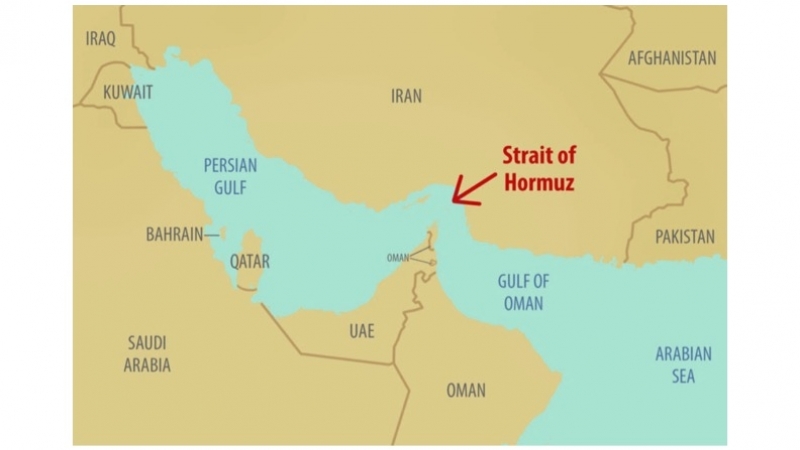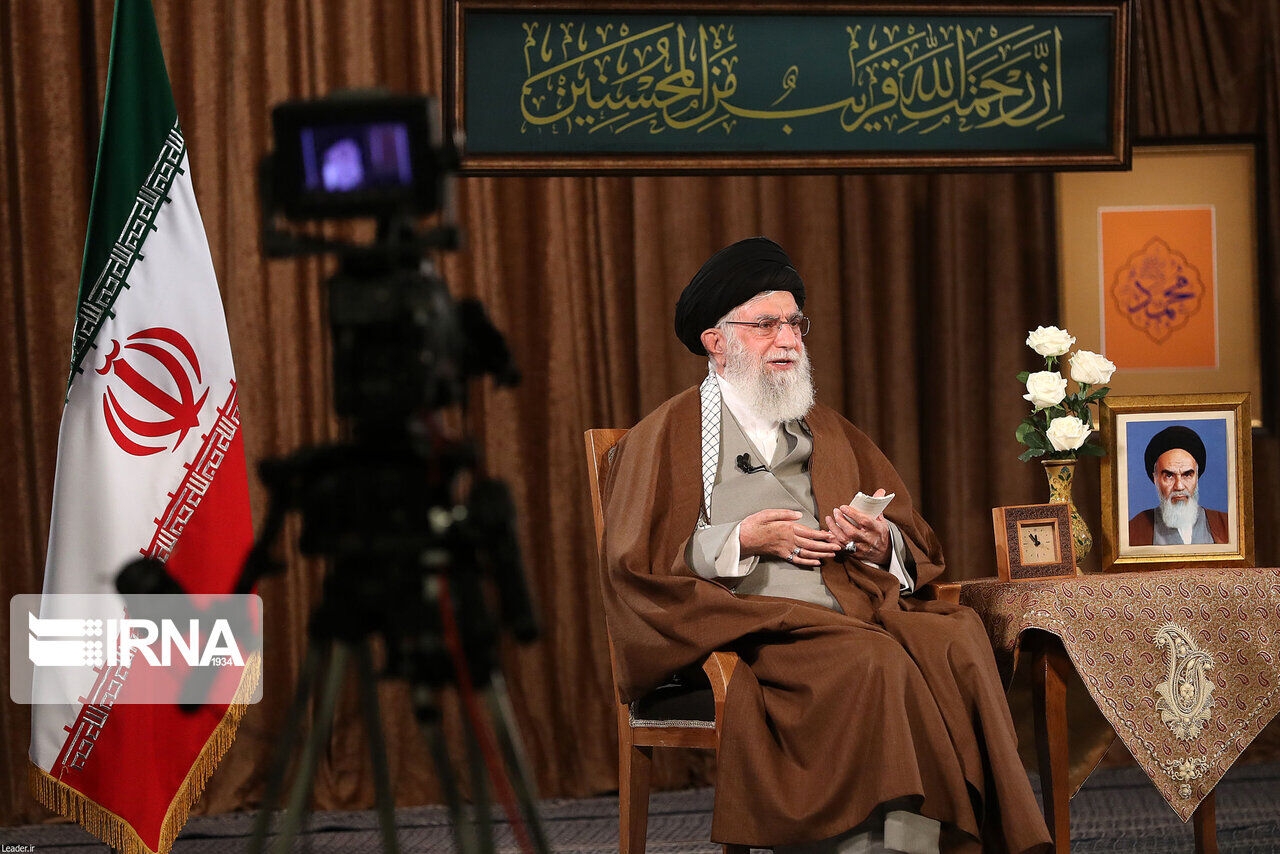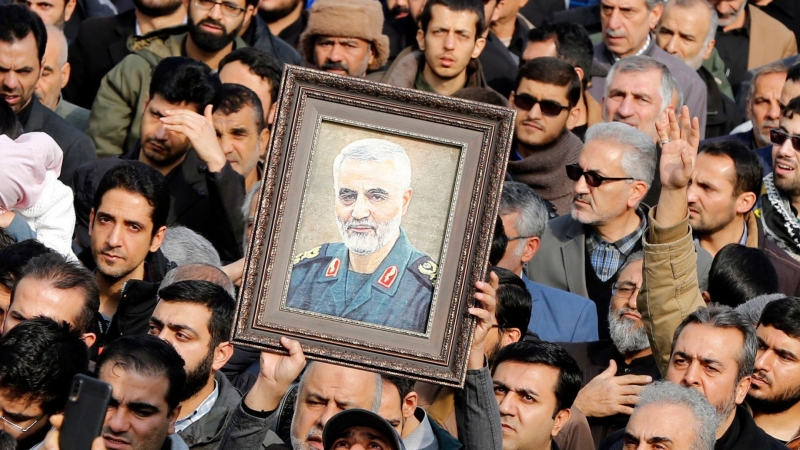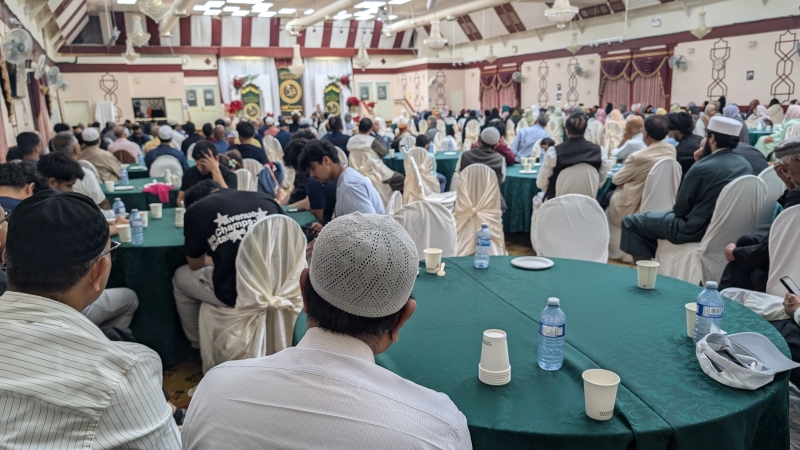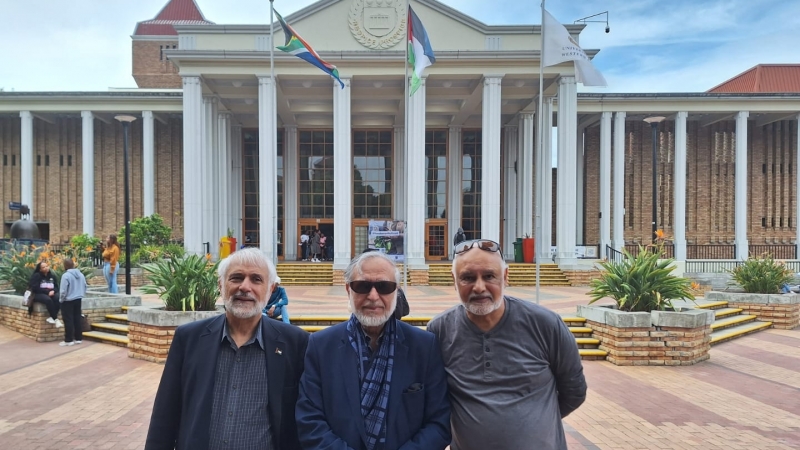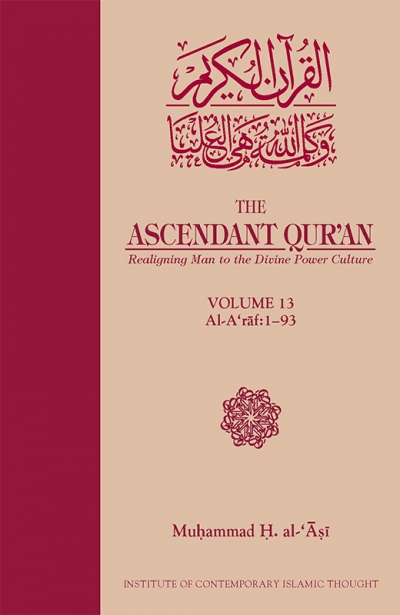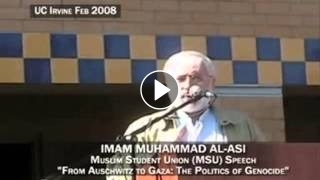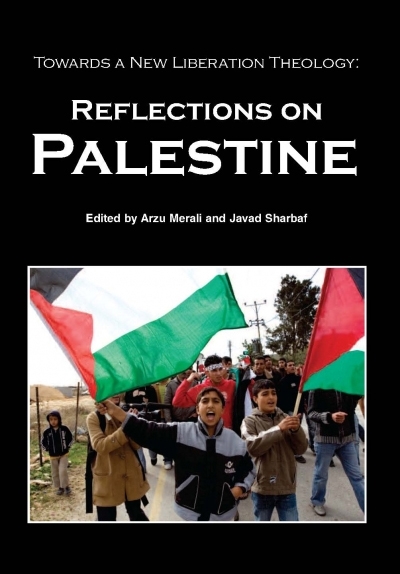



In recent years a new phenomenon has emerged: spiritual tourism. There is nothing wrong with it per se but the problem is that many Imams have turned into traveling salesmen compromising their Islamic principles by not offending tyrannical rulers.
From its contents we can discern that Surah al-A‘raf, like the surah preceding it, was revealed in Makkah. The time period of revelation also appears to be the same: near the end of the Prophet’s mission in Makkah and in preparation for the Hijrah to Madinah. This is apparent from the reference to the Children of Israel and their argumentative behavior vis-à-vis Musa (AS). The Prophet (SAL) and the Muslims with him were about to encounter Banu Isra‘il, for the first time as an organized opposition, upon their arrival in Madinah.
Unlike other Muslim leaders, President Hassan Rouhani of Iran met a number of Muslim leaders during his visit to New York. Unfortunately, some guests left their manners outside the door (or perhaps they never had them in the first place).
It was in the month of Ramadan that the first few ayat of the majestic Qur’an were revealed to the noble Messenger (saws). Muslims must engage the divine Book in earnest. The Ascendant Qur’an by Imam Muhammad al Asi enables them to do so.
We come to the political aspect of this Islamophobia and we find (that) all hell breaks loose when Muslims seeks self-determination, self- rule (and) self-governance. Why is that? These are things that are enshrined in International Law, in the charters and in the chapters of the United Nations literature and I don’t think there’s anything in religious texts of whichever religion that argue against a people deciding to have their own self-determination.
America lectures others about ensuring religious freedoms for minorities yet in its own capital city Washington DC, committed Muslims have been denied this right for 32 years. Imam Muhammad al Asi and a dedicated group of Muslims are forced to pray outside in the snow because the Islamic Center of DC has been occupied by thugs.
America not only touts its freedoms, it sends mad bombers around the world to spread them. Yet, right in its capital city, Washington DC, committed Muslims, most born in the US, have been deprived of their religious right to pray inside their masjid at the behest of the Saudis. Whither the freedom of these Muslims?
In June 2005, the Islamic Human Rights Commission and NEDA convened a conference of academics, theologians and practitioners entitled ‘Towards a New Liberation Theology: Reflections on Palestine’ the papers submitted for which form the content of this book. The conference was intended to be the first in a series of events and books exploring the relationship between the practical experiences of those living through events in various world flashpoints, their faith affiliations and aspirations and the possibilities of effecting justice through their goals rather than the imposition of ‘peace’ at any price and without any relevance to those it would most affect. Put more simply, this is an exercise in realizing the potential that religion has in resolving conflicts that have been irresolvable through secular initiatives.
1That the first volume of The Ascendant Qur'an, Imam Muhammad al-Asi's new tafseer of the Qur’an, would be well received inSouth Africa was never in doubt, given his great popularity within the Muslim community; what was unclear was the degree of support it would receive.
Two months may be too short a time to present an accurate assessment of the impact of Imam Muhammad al-Asi’s tafseer, The Ascendant Qur’an, but the contours of its reception are already clear. Most people have been impressed by its fine production quality, contrasting it with the poor quality of Islamic literature often produced elsewhere in the Muslim world.
The first volume of Imam Muhammad al-Asi’s tafseer of the Qur’an, The Ascendant Qur’an, was formally launched by the Instituteof Contemporary Islamic Thought at a function at the Islamic Society of York Region in Toronto on May 24. It was a low-key event, aimed mainly at the local community, rather than a massive event designed to be unmissable by Muslims and non-Muslims alike.
The first volume of ‘The Ascendant Qur’an’, Imam Muhammad al-Asi’s tafseer, was launched by the Institute of Contemporary Islamic Thought in Toronto on May 24. Crescent International took the opportunity to speak with Imam al-Asi about his tafseer, and his understanding of the challenges facing the global Islamic movement.
